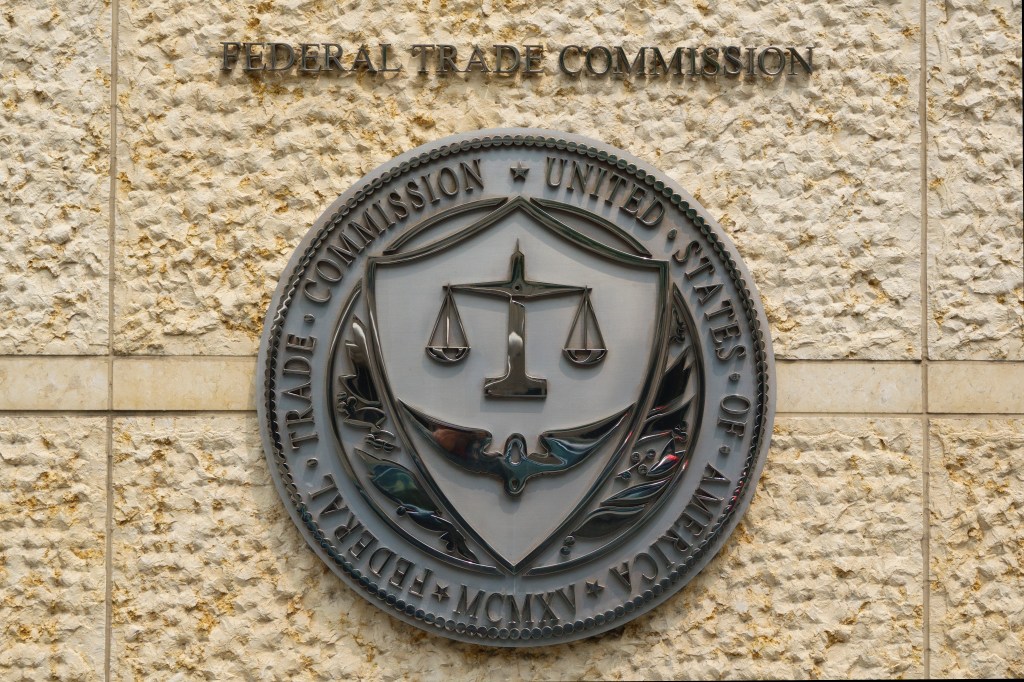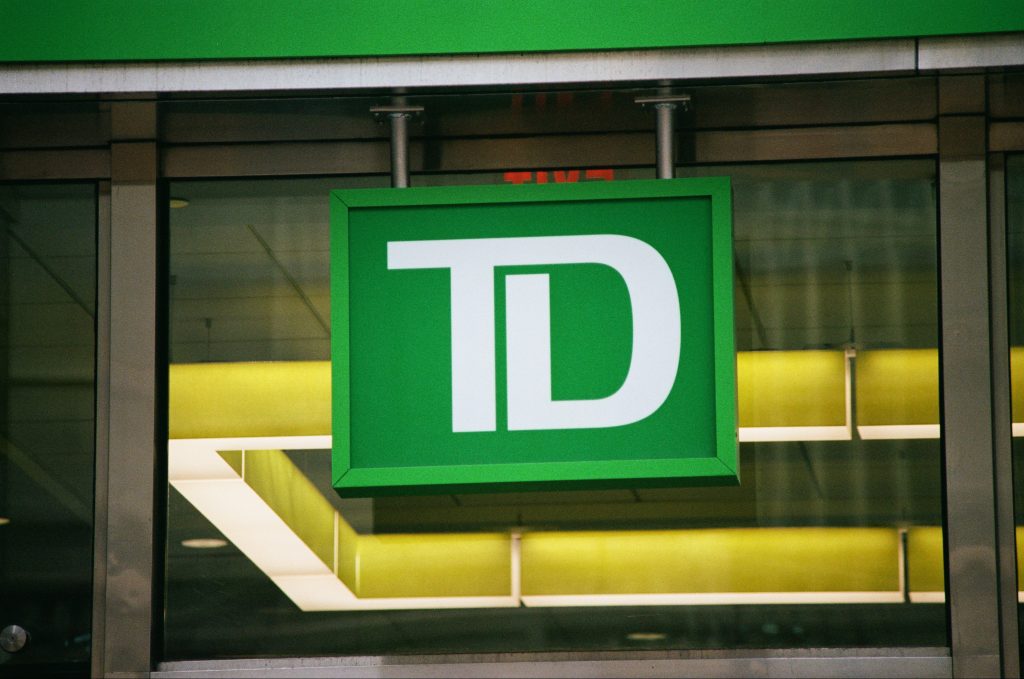Canada’s second-largest bank, Toronto Dominion Bank, has been ordered to pay over $20m as part of a deal with three US authorities to resolve an investigation into a former employee’s fraudulent trading tactics to manipulate the US Treasuries market.
TD Securities (TDS), a division of TD Bank, entered into a
Register for free to keep reading
To continue reading this article and unlock full access to GRIP, register now. You’ll enjoy free access to all content until our subscription service launches in early 2026.
- Unlimited access to industry insights
- Stay on top of key rules and regulatory changes with our Rules Navigator
- Ad-free experience with no distractions
- Regular podcasts from trusted external experts
- Fresh compliance and regulatory content every day













